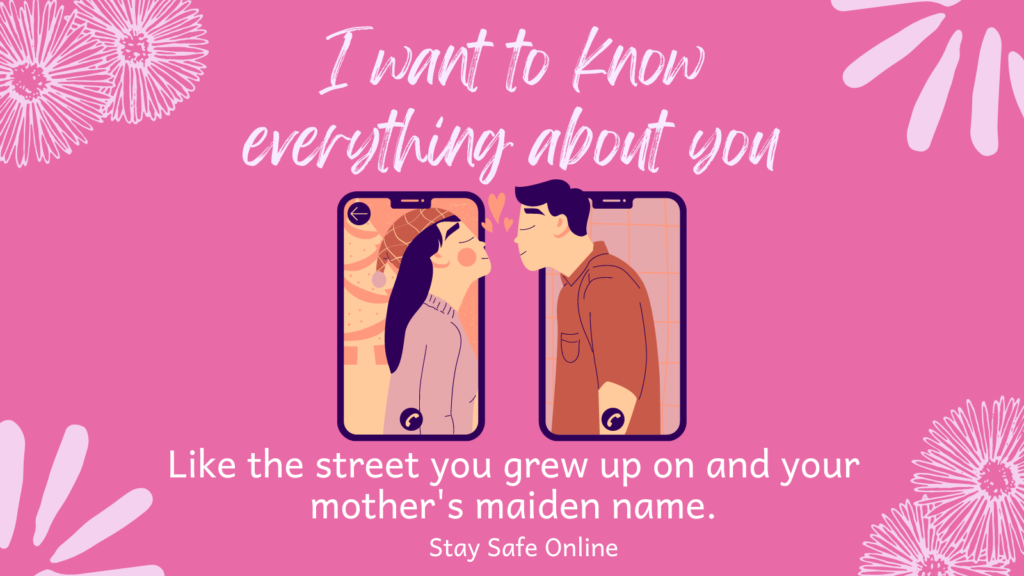Ever hear Brad Paisley’s song about the short, chubby, “hero” who’s “so much cooler online”? The internet makes it easy for people to pretend to be something they’re not. And today’s online dating landscape has made it easy for some cyber criminals to take advantage of people looking for love.
Romance scams, where someone is tricked into believing they’re in a caring relationship with someone who is really just out to steal their money or information, are a growing problem. In fact, during the first half of 2021, the FBI Internet Crime Complaint Center (IC3) received over 1,800 complaints related to online romance scams, resulting in losses of approximately $133.4 million.
Sometimes romance scams are part of a larger cybercriminal ecosystem. International cyber gangs sometimes use dating sites to recruit victims as “money mules” and use them to unknowingly launder funds.
Scammers often prey on victims who are lonely or isolated, and the lockdowns and closings in response to the COVID-19 pandemic have created a fertile ground for this loneliness. If you or a loved one has started an online relationship, be sure to check for red flags such as:
- Requests for money, especially urgent requests. Scammers may try to pressure you into sending money for “urgent” matters, such as medical expenses. Or they may say they want to visit you in person, but need money for a plane ticket. Never send money to someone you haven’t met in person.
- They often make and break promises to come see you in person. The person claims to live far away, overseas, or be in the military.
- The relationship is moving fast and the person professes love quickly.
- They pressure you to move the conversation off the dating platform to a different site or want to continue the conversation through text. Dating platforms search for scammers on their sites. Scammers will want to move their victims off-platform to avoid detection.
If you think you or someone you care about may be the victim of a scam:
- Stop communications with the scammer immediately, and take note of any identifiable information you may have on them, such as their email address.
- Contact your bank or credit card company if you’ve given them money.
- File a police report with your local precinct.
- Report the scammer to the FTC at gov/complaint and the FBI at ic3.gov.
- Notify the website or app where you met the scammer.
Romance scams can happen to anyone at any age, and falling for a scam is nothing to be ashamed of. By speaking out, reporting scams, and encouraging others to do the same, you can help protect others from becoming victims.
Learn more about how to protect yourself from romance scams and other threats at https://staysafeonline.org/stay-safe-online/.

